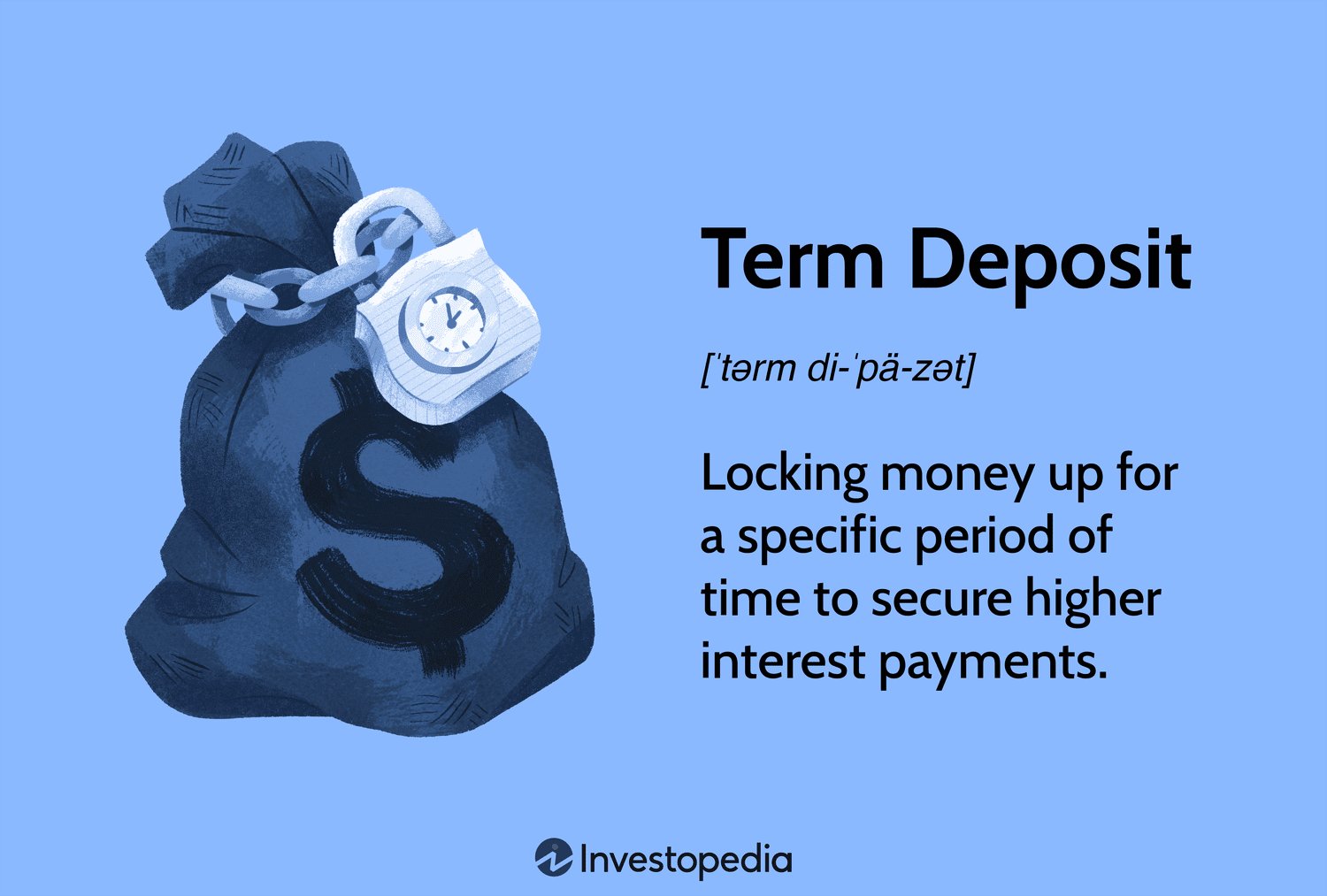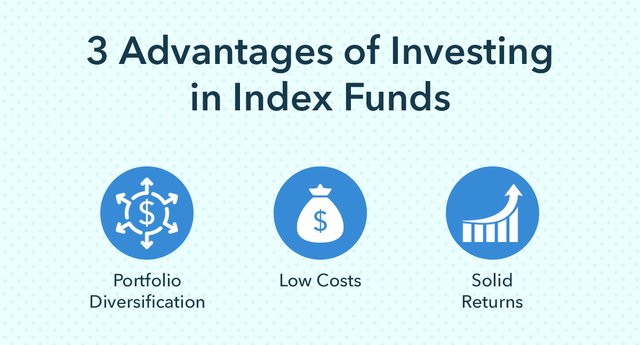Living with a chronic illness can take a toll on every aspect of your life, including your finances. The burden of medical bills, prescription costs, and lost income can feel overwhelming. But fear not, there are ways to financially cope with chronic illness. By making small adjustments and seeking support, you can alleviate the strain on your wallet and focus on your well-being. In this article, we will explore practical strategies and resources to help you manage the financial challenges that come with chronic illness. So, if you’re looking for guidance on how to financially cope with chronic illness, you’ve come to the right place. Let’s dive in!
How to Financially Cope with Chronic Illness
Living with a chronic illness can bring numerous challenges, both physically and emotionally. However, it’s also important to address the financial impact that chronic illness can have on individuals and their families. Medical expenses, treatments, and lifestyle adjustments can quickly add up, making it crucial to find ways to effectively manage your finances. In this article, we will explore various strategies and resources to help you navigate the financial burden of chronic illness.
1. Understand Your Insurance Coverage
One of the first steps in managing the financial aspect of chronic illness is to thoroughly understand your health insurance coverage. Review your policy documents and become familiar with the benefits, limitations, and out-of-pocket expenses associated with your plan. This will help you make informed decisions about seeking medical care, undergoing treatments, and managing prescription costs.
Key points to consider:
- Identify what services and treatments are covered by your insurance.
- Review the deductible, copayments, and coinsurance amounts for different types of care.
- Understand the network of healthcare providers and facilities associated with your plan.
- Keep track of any pre-authorization requirements for specific treatments or medications.
If you have difficulty understanding your policy or have questions about coverage, consider reaching out to a representative from your insurance company for clarification.
2. Create a Budget and Track Expenses
Developing a budget is an essential tool for managing your finances effectively. By tracking your income and expenses, you can gain a better understanding of where your money is going and make adjustments as needed. Additionally, keeping a close eye on your spending can help identify areas where you can cut back to accommodate medical costs.
Here are some steps to help you create and stick to a budget:
- Start by calculating your monthly income from all sources.
- List all your recurring expenses, including rent/mortgage, utilities, groceries, transportation, and any loans or debts.
- Factor in your expected medical expenses, such as copayments, medications, and therapies.
- Identify areas where you can potentially reduce spending, such as entertainment, dining out, or unused subscriptions.
- Allocate a portion of your budget to savings or an emergency fund.
Monitoring your budget regularly will help you stay on track and make necessary adjustments as your circumstances change.
3. Communicate with Your Healthcare Team
Open and honest communication with your healthcare team is crucial, not only for managing your health but also for understanding the financial implications of your condition. Make it a point to discuss any concerns or limitations you may have due to the financial strain of your illness. Your healthcare providers may be able to offer alternative treatment options, connect you with resources, or provide cost-cutting suggestions.
Key points to consider:
- Ask your healthcare providers if there are generic or more affordable medication options available.
- Inquire about assistance programs offered by pharmaceutical companies for specific medications.
- Discuss the possibility of receiving care or treatments at lower-cost facilities or clinics.
- Explore if telemedicine or virtual consultations are available, which can sometimes be more cost-effective.
Being open about your financial concerns allows your healthcare team to better support you in making informed decisions about your treatment plan.
4. Seek Financial Assistance and Benefits
When facing the financial challenges of chronic illness, it’s important to explore available resources and benefits that can provide financial relief. Here are some options to consider:
Government Assistance Programs
Many countries have government programs designed to assist individuals with chronic illnesses. These programs may offer financial support, access to healthcare services, or assistance with medication costs. Research and determine if you qualify for any of these programs in your area.
Non-Profit Organizations
Numerous non-profit organizations provide financial assistance to individuals with specific chronic illnesses. These organizations often have grants, scholarships, or funds to help cover medical expenses, treatments, or supportive therapies. Conduct research to find non-profits that cater to your specific condition.
Disability Benefits
If your chronic illness significantly impacts your ability to work, you may be eligible for disability benefits. Contact your local government’s disability services department to inquire about the application process and requirements.
Employer Benefits
Review your employee benefits package to see if your employer offers any resources or programs that can help alleviate the financial burden of your chronic illness. Employee assistance programs, flexible spending accounts, or health savings accounts are some possibilities to explore.
Community Support
Reach out to local community organizations or support groups that focus on chronic illnesses. They may provide information on financial aid, fundraising initiatives, or other forms of assistance specific to your area.
5. Explore Alternative Funding Options
In addition to seeking assistance, consider exploring alternative funding options to help manage the financial impact of your chronic illness. These options can help cover medical expenses, treatments, or lifestyle adjustments:
Crowdfunding
Create a crowdfunding campaign through reputable platforms to share your story and raise funds. Friends, family, and even strangers who resonate with your situation may donate to support your medical needs.
Medical Research Programs
Certain medical research programs or clinical trials offer financial compensation to participants. Engaging in these programs not only helps advance medical science but can also provide financial assistance.
Scholarships and Grants
Some foundations or organizations offer scholarships and grants specifically for individuals with chronic illnesses. These financial aids can be used for educational purposes, medical expenses, or vocational training.
Flexible Work Options
Explore opportunities for flexible or remote work arrangements if your current job doesn’t accommodate your health needs. Remote work can provide financial stability while allowing you to manage your illness more effectively.
Managing the financial impact of chronic illness requires careful planning, open communication, and exploration of available resources. By understanding your insurance coverage, creating a budget, seeking financial assistance, and exploring alternative funding options, you can alleviate the financial burden and focus on your health and well-being. Remember, you are not alone in this journey, and there are resources and support networks available to help you navigate the challenges ahead.
A personal health coach for those living with chronic diseases | Priscilla Pemu
Frequently Asked Questions
Frequently Asked Questions (FAQs)
How can I financially cope with chronic illness?
Dealing with chronic illness can be financially challenging. Here are some ways to cope:
What financial resources are available for individuals with chronic illness?
There are several financial resources you can explore, such as disability benefits, government assistance programs, and non-profit organizations that provide financial aid for medical expenses.
How can I manage my medical expenses effectively?
To manage your medical expenses effectively, it’s important to create a budget, explore insurance options, negotiate medical bills, and seek assistance from patient advocacy organizations.
Are there any tax benefits or deductions available for individuals with chronic illness?
Yes, there are certain tax benefits and deductions available for individuals with chronic illness. These may include deductions for medical expenses, tax credits for disability-related expenses, and exemptions for certain medical equipment.
What should I do if I am unable to work due to my chronic illness?
If you are unable to work due to your chronic illness, you may be eligible for disability benefits. It is recommended to consult with a disability lawyer or contact the Social Security Administration to explore your options.
Are there any financial assistance programs specifically for medications?
Yes, there are various programs available that provide financial assistance for medications. These include patient assistance programs offered by pharmaceutical companies, discount prescription programs, and state-funded medication assistance programs.
How can I reduce the overall cost of my healthcare?
To reduce the cost of healthcare, you can consider generic medications, compare prices between different pharmacies, inquire about available discounts or coupons, and explore telemedicine options for non-emergency healthcare needs.
What steps can I take to plan for the future financially?
To plan for the future financially, it is crucial to create an emergency fund, consider long-term disability insurance, seek financial advice from professionals, and explore estate planning options such as a living will or a healthcare power of attorney.
Final Thoughts
Financially coping with chronic illness can be a daunting task, but there are strategies that can help. Firstly, it’s important to establish a budget and track all expenses to gain a clear understanding of your financial situation. Secondly, exploring available resources such as government assistance programs, support groups, and nonprofit organizations can provide valuable financial assistance. Additionally, considering disability insurance or adjusting work hours can help maintain a stable income. Finally, communicating openly with healthcare providers about financial concerns can lead to potential cost-saving strategies. By implementing these steps, individuals can better navigate the financial challenges that come with living with a chronic illness.



